NIH BRAIN Initiative tool may transform how scientists study brain structure and function
Researchers have developed a high-tech support system that can keep a large mammalian brain from rapidly decomposing in the hours after death, enabling study of certain molecular and cellular functions. With funding through the National Institutes of...
Healthy hearts need two proteins working together
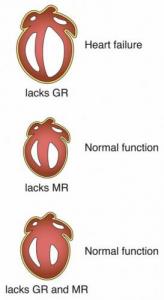
Without the glucocorticoid receptor (GR), the mouse heart is enlarged, and the animal eventually has heart...
‘A global measles crisis’ is well underway, UN agency chiefs warn
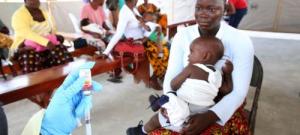
Nurse at Redemption Hospital in Monrovia, Liberia, prepares to vaccinate children.
At WHO Forum on Medicines, countries and civil society push for greater transparency and fairer prices
At a global forum on fair pricing and access to medicines, delegates from governments and civil society organizations called for greater transparency around the cost of research and development as well as production of medicines, to allow buyers to...
Want to learn a new skill? Take some short breaks
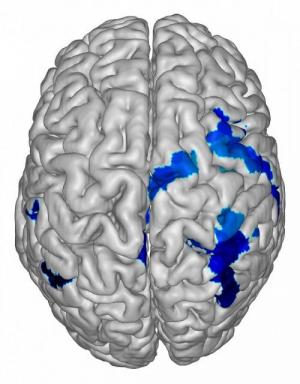
In a study of healthy volunteers, NIH researchers found that taking short breaks, early and often, may help our...
Greater transparency, fairer prices for medicines ‘a global human rights issue’, says UN health agency

Raghad who lives in a refugee camp in Jordan, suffers from type 1 diabetes and requires daily...
Ketamine reverses neural changes underlying depression-related behaviors in mice
Researchers have identified ketamine-induced brain-related changes that are responsible for maintaining the remission of behaviors related to depression in mice — findings that may help researchers develop interventions that promote lasting remission...
Releasing an immune system brake could help patients with rare but fatal brain infection
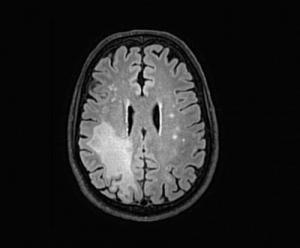
MRI of a PML patient showing significant lesions in the brain (white signal).
NIH researchers make progress toward Epstein-Barr virus vaccine
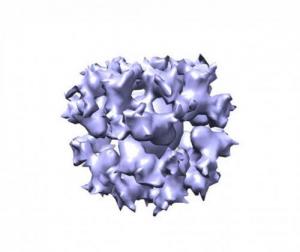
A cryo-EM image of the gH/gL/gp45 candidate vaccine construct
Kids living near major roads at higher risk of developmental delays, NIH study suggests
Young children who live close to a major roadway are twice as likely to score lower on tests of communications skills, compared to those who live farther away from a major roadway, according to an analysis by researchers at the National Institutes of...











